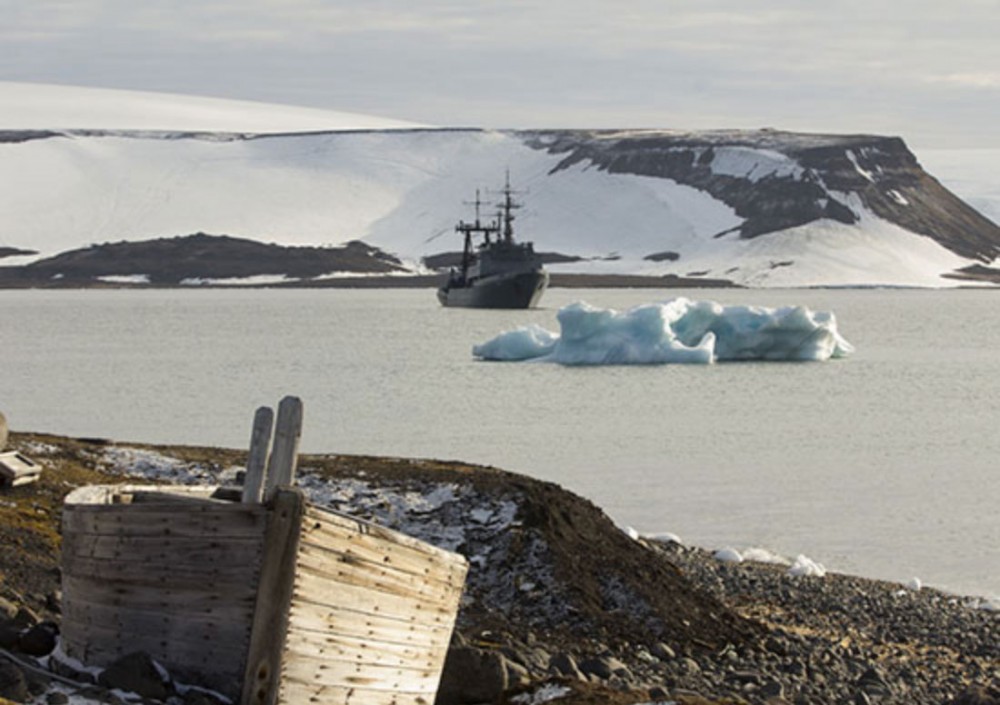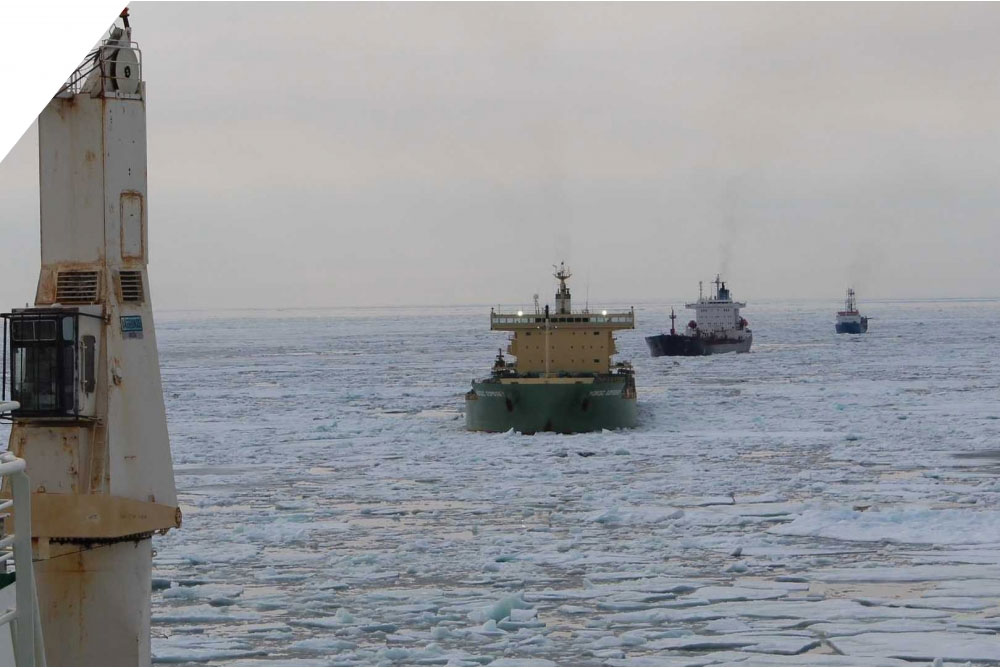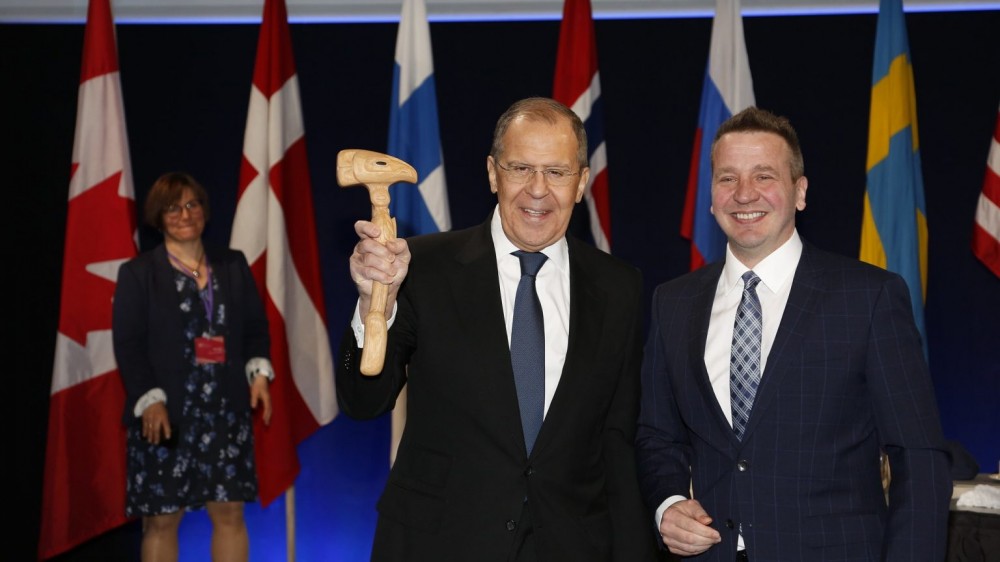Moscow says WWF threatens Russian development of Arctic
The Russian General Prosecutor argues that environmentalists undermine the country's expansionist plans in the Arctic and its development of the Northern Sea Route. The WWF is now declared an "undesired organisation."

According to the Russian government authority, the WWF has a political agenda aimed at hindering Russian industrial development in the Arctic. And it is acting on instruction of Nevill Isdell, the former businessman who now serves as WWF president.
“The so-called environmental and eco-educational activity that is conducted under the auspices of British national N. Isdell is used by the WWF as a cover for developing projects that pose a threat to [our] economic security,” a statement from the Prosecutor’s office reads.
The Swiss-based World Wide Fund for Nature (WWF) is the world’s largest conservation organisation and gets most of its funding from private donations and bequests. It has operated in Russia since 1988 and has had an office in Moscow since 1995.
According to the General Prosecutor, the work of the WWF is aimed at preventing Russia from engaging in industrial development of the Arctic.
The organisation is reportedly also actively working to undermine the Kremlin’s top Arctic priority project — the development of the Northern Sea Route.
“Under the pretext of preserving nature, the WWF is engaged in activities aimed at […] the elaboration and legitimation of limitations that can serve as basis for the relocation of the seaways of the Northern Sea Route towards the exclusive economic zone of the USA,” the Russian authority claims.
The WWF has regional offices across Russia, and these offices are used to gather information and about the environmental situation and write reports that seek to “neutralise the economic development the Russian Federation.”
The WWF is the third international environmental organisation added to the list of undesired organisations over the past two months. In April 2023, the Bellona Foundation was declared undesired and in May 2023 Greenpeace followed.
The decision makes it impossible for the WWF to continue operations in Russia, and all Russian nationals cooperating with the organisation could face criminal charges. Following the announcement of the General Prosecutor, the WWF immediately closed the organisation’s Russian website. According to the Russian branch of the organisation, all relations with the international WWF have now been terminated and an agreement on the use of the organisations logo – the panda – and the abbreviation WWF is ended.
The repressive actions against environmental organisations come at the same time as Russia appears to lower its environmental standards in Arctic. Two new government documents downplay climate change and environmental protection and instead highlight “national interests” and “efficient development of natural resources.”
The newly amended version of the country’s Arctic Policy downplays the role of international bodies of cooperation. Instead, it highlights that international cooperation must be based on “national interest.”
Likewise, in the new version of the Russian Foreign Policy Concept, the policymakers warn against a “politicization” of international climate change efforts and underlines that adaptation to climate change must be conducted “based on the interests of current and future Russian generations.”
It also argues that international efforts aimed at environmental protection and climate change are driven by an aim to promote “dishonest competition and interfere in the internal affairs of other countries,” as well as to “limit the sovereignty of other countries with regards to their natural resources.”
The two new documents leave little doubt that Russia does no longer intends to be obliged by international regulations in the management of its Arctic and rather move ahead exclusively based on national interests.
Located in Kirkenes, Norway, just a few kilometres from the borders to Russia and Finland, the Barents Observer is dedicated to cross-border journalism in Scandinavia, Russia and the wider Arctic.
As a non-profit stock company that is fully owned by its reporters, its editorial decisions are free of regional, national or private-sector influence. It has been a partner to ABJ and its predecessors since 2016.
You can read the original here.


